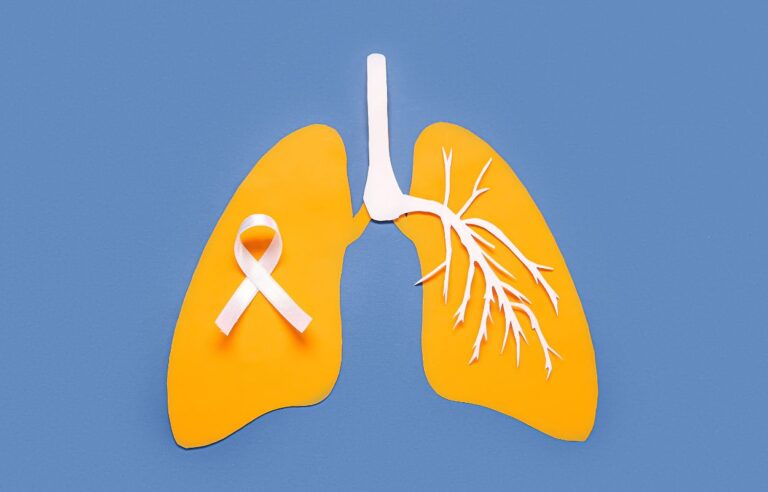Introduction to Endobronchial Ultrasound (EBUS)
Endobronchial Ultrasound (EBUS) is a cutting-edge diagnostic procedure that has transformed the way lung diseases, including lung cancer, tuberculosis, and sarcoidosis, are detected and evaluated. As a minimally invasive technique, EBUS enables doctors to visualize structures within the lungs and surrounding lymph nodes with high precision. This advanced approach improves diagnostic accuracy and helps guide treatment decisions, reducing the need for more invasive procedures like surgical biopsies.
How Does Endobronchial Ultrasound Work?
EBUS is performed using a specialized bronchoscope equipped with an ultrasound probe at its tip. This device allows physicians to obtain real-time images of the airways, blood vessels, and lymph nodes in the chest. If necessary, a fine needle aspiration (FNA) can be performed during the procedure to collect tissue samples for further examination. Unlike traditional methods, EBUS offers a safer, quicker, and highly accurate way to evaluate lung abnormalities.
Indications for Endobronchial Ultrasound
EBUS is widely used for diagnosing and staging lung diseases. The most common indications include:
- Lung Cancer Diagnosis & Staging: EBUS helps assess whether lung cancer has spread to lymph nodes, guiding treatment decisions.
- Evaluation of Mediastinal Lymphadenopathy: Enlarged lymph nodes in the chest may indicate infections, lymphoma, or other malignancies.
- Diagnosis of Pulmonary Infections: Conditions like tuberculosis and fungal infections can be identified with greater accuracy.
- Sarcoidosis & Other Interstitial Lung Diseases: EBUS aids in diagnosing inflammatory lung conditions without the need for surgical procedures.
Advantages of Endobronchial Ultrasound
EBUS has revolutionized pulmonary diagnostics by offering several advantages over conventional methods:
✅ Minimally Invasive: Unlike surgical biopsies, EBUS is performed through the airways, reducing the risk of complications.
✅ Higher Accuracy: Real-time ultrasound imaging allows precise needle guidance, leading to better sample collection.
✅ Quick Recovery: Patients can often resume normal activities the same day, as the procedure is performed under sedation rather than general anesthesia.
✅ Lower Risk & Fewer Complications: Since no external incisions are made, the chances of infection and other surgical risks are significantly reduced.
✅ Outpatient Procedure: Most patients do not require hospitalization, making it a cost-effective diagnostic tool.
Who Can Benefit from EBUS?
Individuals experiencing persistent cough, unexplained weight loss, enlarged lymph nodes, or suspected lung infections may be candidates for EBUS. Additionally, those undergoing lung cancer screening or treatment planning can benefit from its precise diagnostic capabilities. If you have been advised to undergo a lung biopsy, discussing EBUS as a potential option with your healthcare provider is recommended.
Conclusion
Endobronchial Ultrasound has set a new standard in diagnosing lung diseases, offering a safer, more efficient alternative to traditional invasive techniques. Whether you are at risk for lung cancer or dealing with an unexplained respiratory condition, EBUS provides clarity and confidence in medical decision-making.


